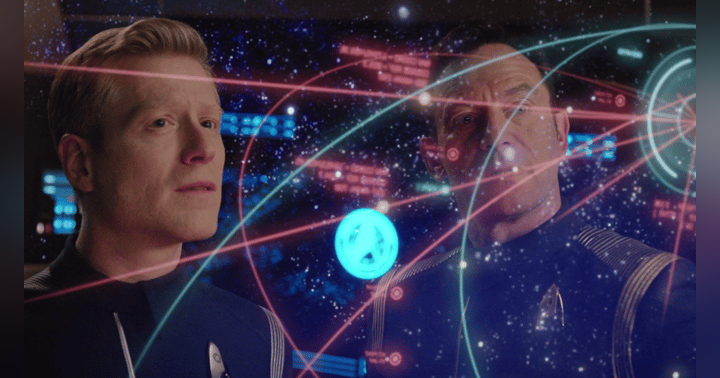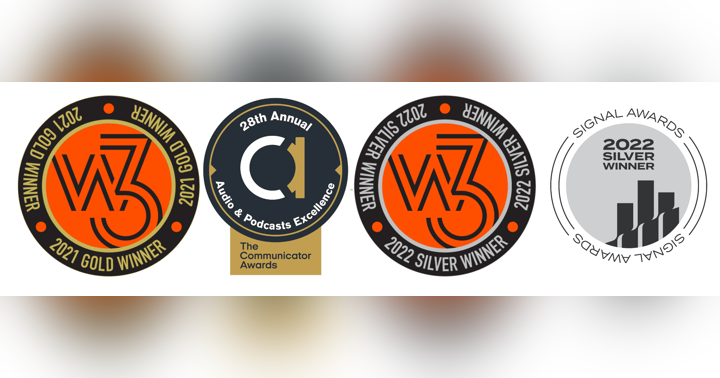Coaching for the Future

If you’ve read my Selfish vs. Selfless blog then you know all about the manipulation tactics Lorca used in the Discovery episode Lethe. If you haven’t, go read it now! Lorca is a great example of what NOT to do. But he proves you can learn from both good leaders and bad ones. Speaking of good leaders, we can find one of those in this episode too! Burnham is firing on all cylinders! Throughout the episode, she models leadership techniques as she motivates and coaches TIlly that we can apply to our context. Let’s take a look.
Right away we see that Burnham and Tilly are connecting in a cool way. Burnham is excelling in her career, to the point of being on the verge of commanding her own ship. Tilly is a cadet who hasn't even earned her commission yet. But their relationship is such that Tilly introduces her as her mentor - a fact that Burnham is a little surprised by but pleased as well. The two amazing things that Burnham does for Tilly are moves you also can make with the people right in front of you.
First, she shares her experience and insight. Burnham knows, from experience, what is valuable in the progression of a career and she encourages those things with TIlly. In the episode, however, Burnham oversimplifies a bit. She essentially says, run this fast, get assigned to a cool ship, become an XO, and, BOOM, you’ll be a Captain in no time! But real life tells us it’s a lot more complicated than that. In Star Trek terms it would be more like run this fast, get your commission, serve on a smaller ship (like Discovery), earn a promotion, apply to a Constitution ship or Starfleet Command, do a stint teaching at Starfleet Academy, come back to a bigger ship, and then work towards Department Head, XO, and so on. When you’re young and hungry, like Tilly, this can sound so defeating. She just wants to be a Captain! Why can’t she just do that? Well, because it doesn’t work that way. And not in a - you have to pay your dues - kind of way. But in a - you need the diverse experience - kind of way.
People often refer to a career ladder. You’ve heard that expression before, right? Instead, I like to think of professional growth as a career lattice. Sometimes you have to move to the side before you can move up. You might even have to move to the side and down. But every experience comes together to help you be successful with where you are and where you’re going.
When I got my first job as a manager, I immediately thought I was ready to be a general manager or at least a senior assistant. But I needed experience dealing with a variety of situations before I was ready to take on that role. My journey from my first manager job to my first executive role was winding, to say the least. Manager positions, project management roles, board facilitation experience, program-level management… An entry-level supervisor could easily look at someone in an executive role and think, I can do that! But what they don’t see are the loads of experiences and situations that person has been through that prepared them for that role.
Just before I got into executive leadership, for example, I had moved sideways from a leadership role in HR into a grant managing role for a federal program. On paper, it was a step to the side and a step-down. But in reality, what it did was give me an intimate understanding of complex funding structures, taught me how to bring diverse and sometimes hostile stakeholders together, and allowed me to experience, first-hand, the impacts of executive-level decisions on service and product delivery models. In other words, it uniquely qualified me for an executive role in a way just “moving up the ladder” never could.
The second thing Burnham did for Tilly was let her steer her own path. She told Tilly, explicitly, that her way was not the only way. She gave Tilly permission to find her own path. This is important and can be harder for some personalities to do than others. When we want to protect the people we’re coaching from wasted time or potential pain, it’s easy to think that advising them to follow our experience prescriptively is the answer. While well-intentioned, there is no guarantee of this. Not to mention, the workplace landscape is always changing. What worked for you may not even be possible currently. And most importantly, whoever you coach is their own unique personality. They need to make their own choices and experience the highs, and even lows, of those choices. The purpose of a coach is to inform and guide, not control. It is up to Tilly, and anyone you coach, to decide if or how they use the advice given to them. Do you find it easy or difficult to let the people you’re coaching make their own moves, even if you disagree?
With these two things, Burnham empowered Tilly to move forward in her career. She shared her knowledge and experience and then offered Tilly the freedom to be herself. That is what you can do with the people you work with right now. Share your knowledge and experience, but do it in a way that informs. Don’t tell them what to do. Simply share what you know and help them find the journey that is right for them.
I want to hear from you about career coaching. Are you a coach or mentor? Are you currently being coached? How have these types of relationships impacted your life and career? Share it in our Facebook Group!


